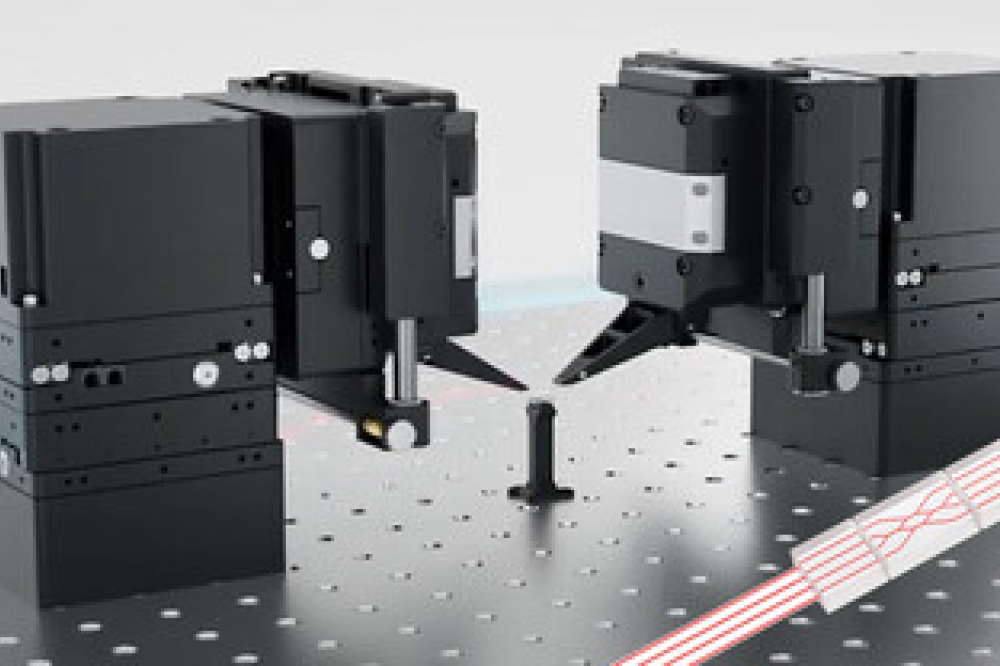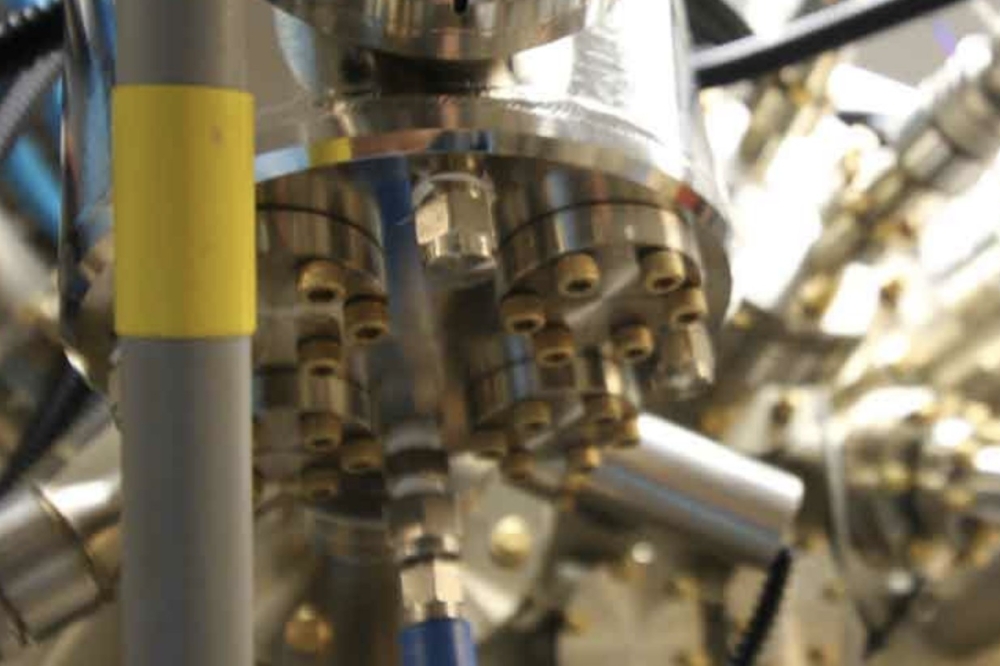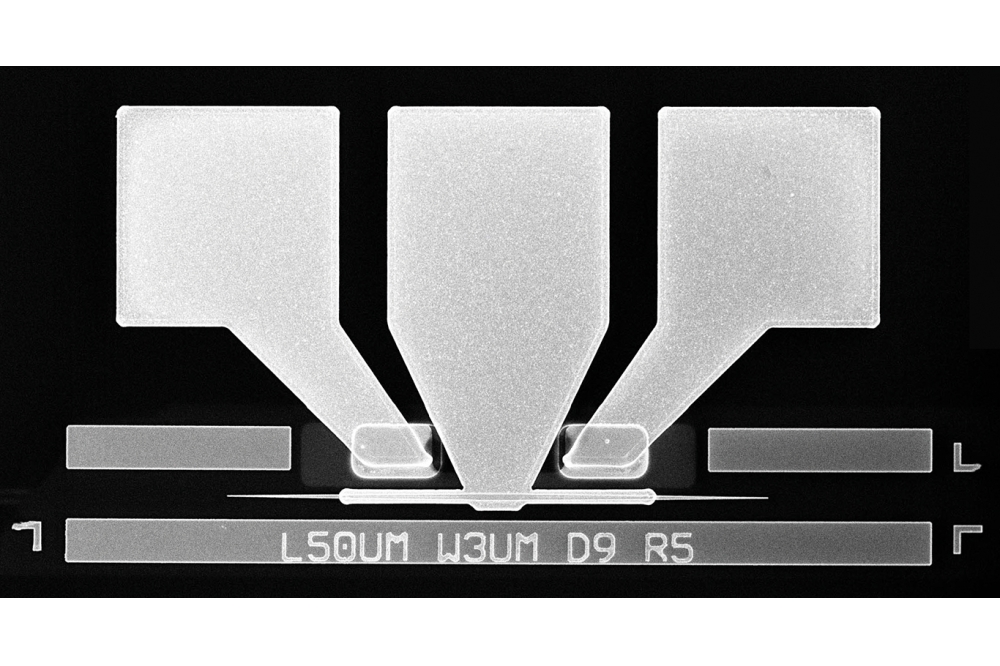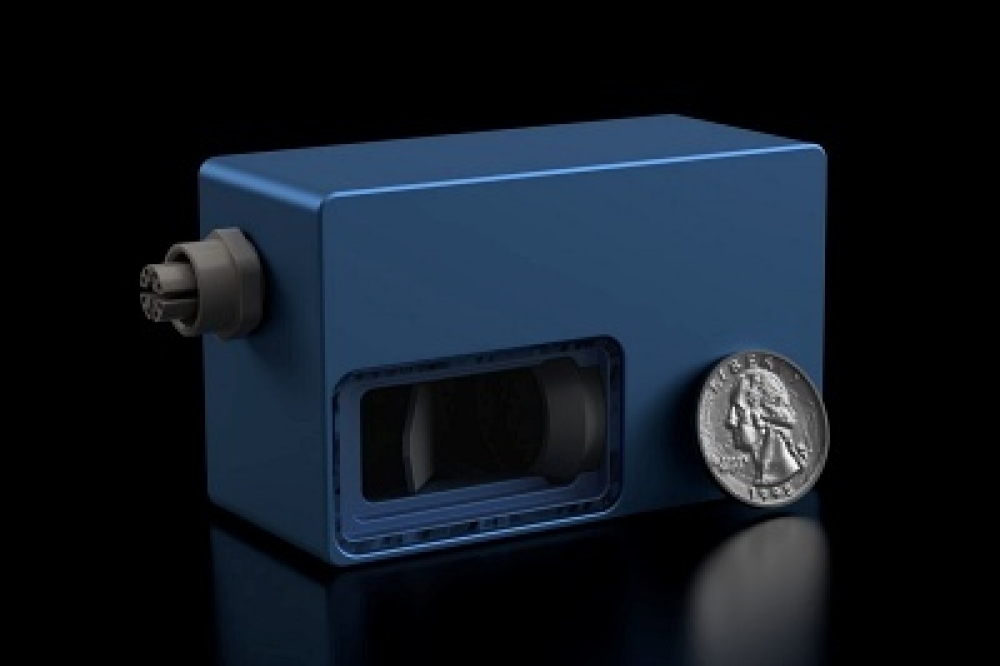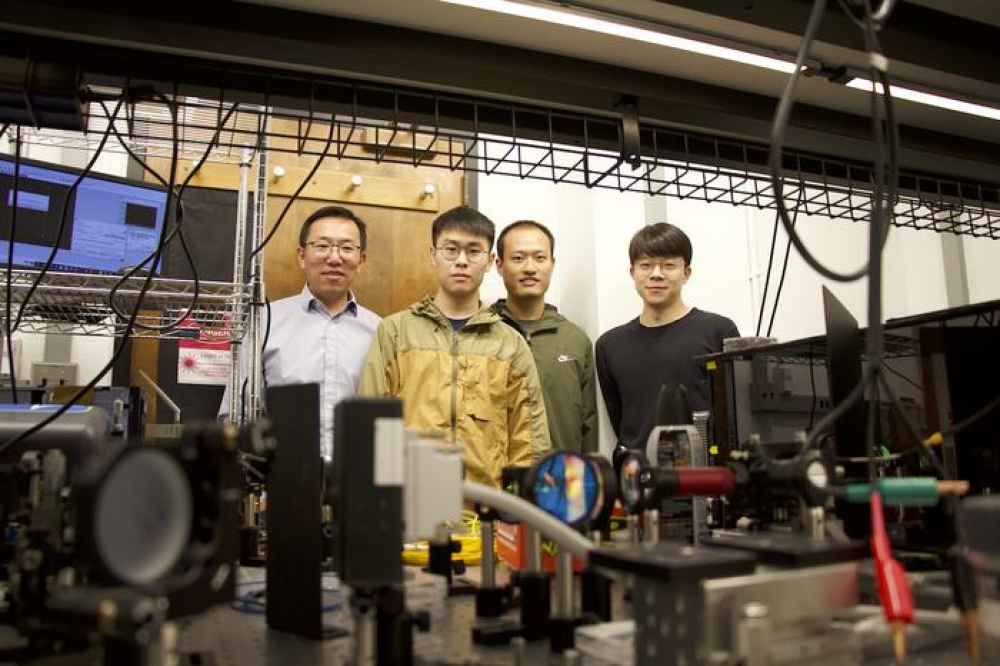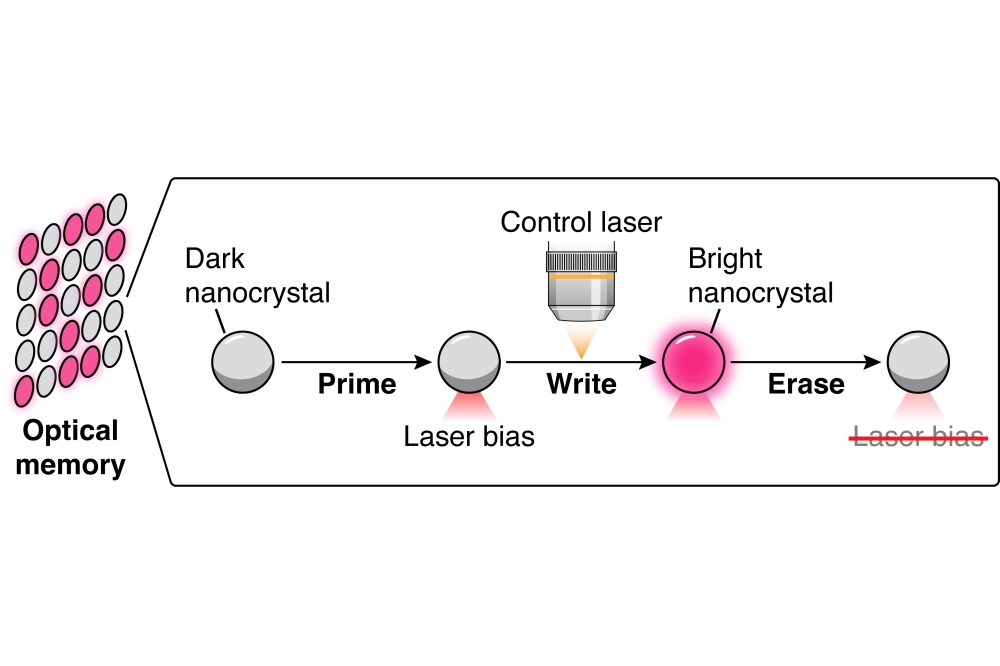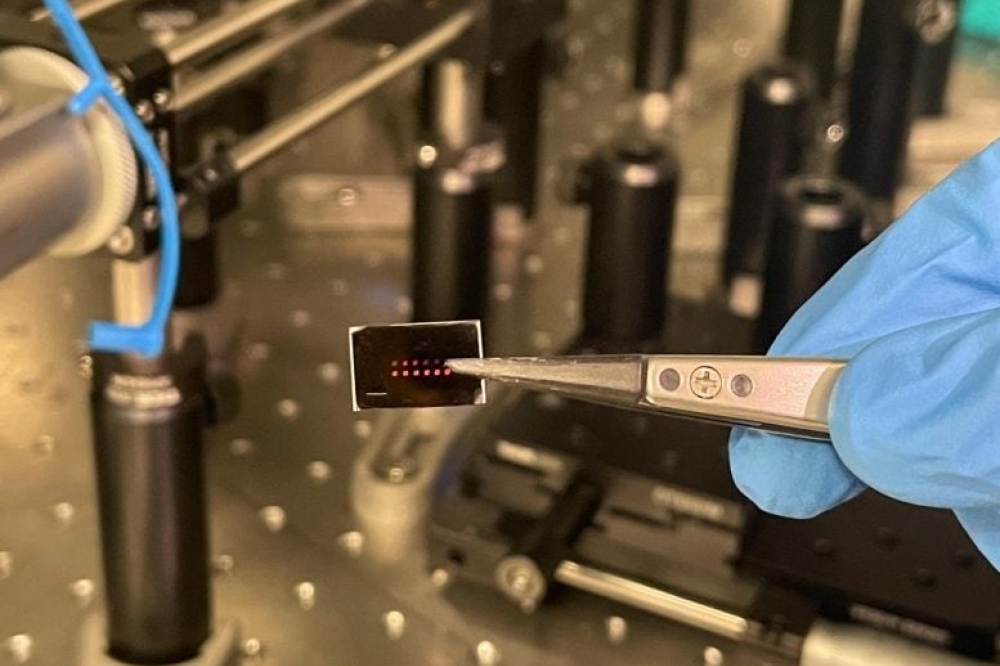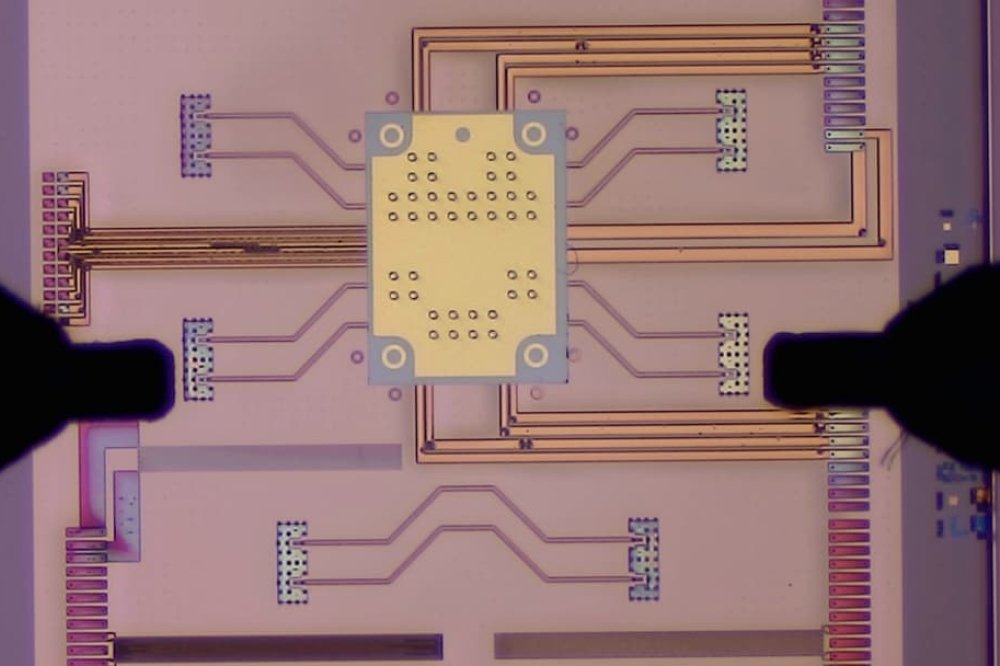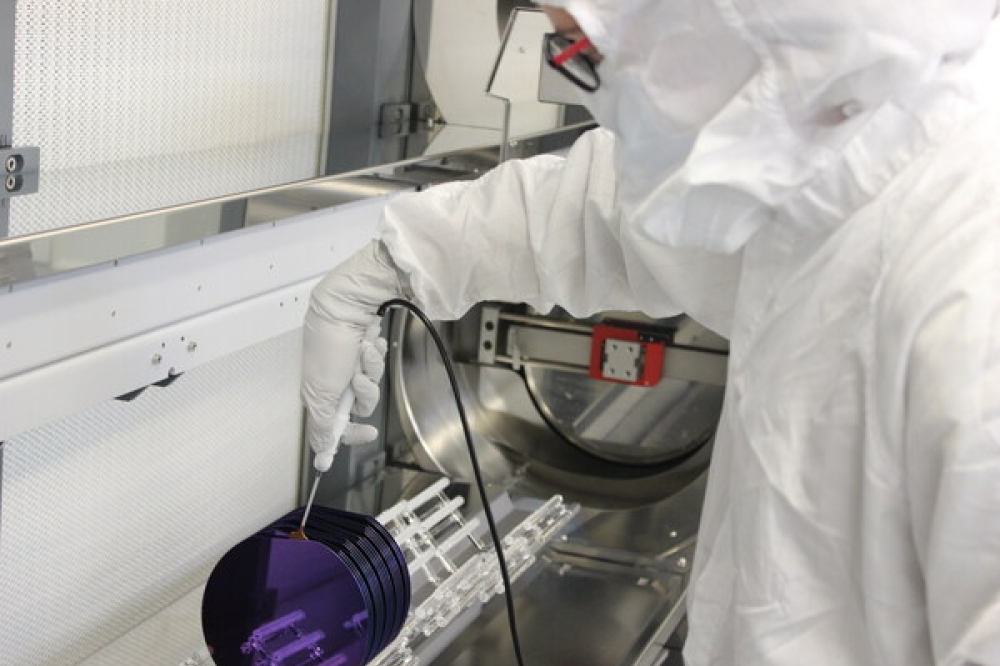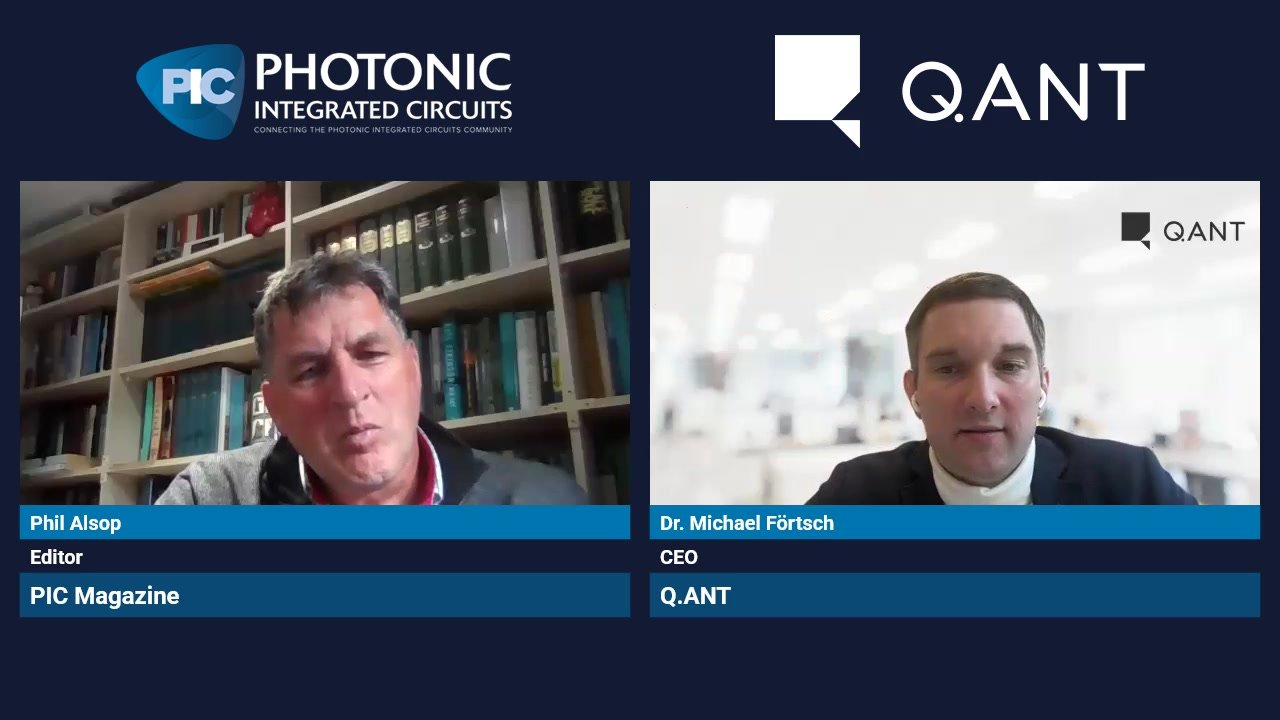GC/CUNY Photonics Initiative wins DARPA grant
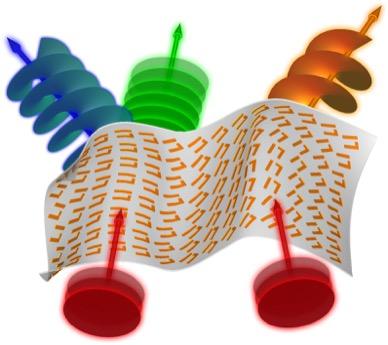
Andrea Alù, director of the Photonics Initiative at the Advanced Science Research Center (ASRC) at The Graduate Center of The City University of New York and Einstein Professor of Physics at The Graduate Center, has received a Defense Advanced Research Projects Agency (DARPA) award of up to $3.2M to support basic nanophotonics research. The funded work will enable development of next-generation defense equipment based on engineered materials that manipulate electromagnetic waves, including light. Alù will lead a team of researchers from four institutions: the ASRC, The City College of New York, The University of Texas at Austin and à‰cole Polytechnique Fédérale de Lausanne.
During this four-year effort, the team will pursue an ambitious research agenda aimed at introducing and developing concepts for modeling, analyzing, designing and realizing leapfrog enhancements to electromagnetic-wave manipulation through the use of metamaterials. The final goal will be to open new avenues for developing vastly improved night-vision systems; integrated nonlinear signal isolators and infrared power limiters; efficient microwave-to-optical-photon conversion and counting; and on-chip devices with largely reduced noise.
"This research will enable us to push forward exciting new concepts that lay the ground for novel technologies that have extraordinary implications for society at large," Alù said. "Our highly interdisciplinary team is made up of leading experts in theoretical, numerical and experimental aspects of electrical engineering, physics and nanophotonics. This is an ideal combination to put forward a new paradigm for enhancing light and matter interactions through the use of metamaterials."
"The DARPA grant and the interdisciplinary team conducting this research are a realization of the vision we had for the kind of innovation that the ASRC would drive," said Joshua Brumberg, dean for the sciences at The Graduate Center. "We're very excited to see that Dr. Alù and his team are quickly and successfully bringing the kind of scientific research, resources and exciting opportunities to the ASRC and helping to raise the profile of the work being done here."
DARPA's Defense Science Office (DSO) supports high-risk, high-payoff research for future defense technologies. The DSO Nascent program is focused on developing models that describe and predict novel technology functionality based on a host of newly engineered metamaterials. The latter phases of the project seek to develop proven approaches by applying the models to new materials that are critical for advancing defense technologies.



